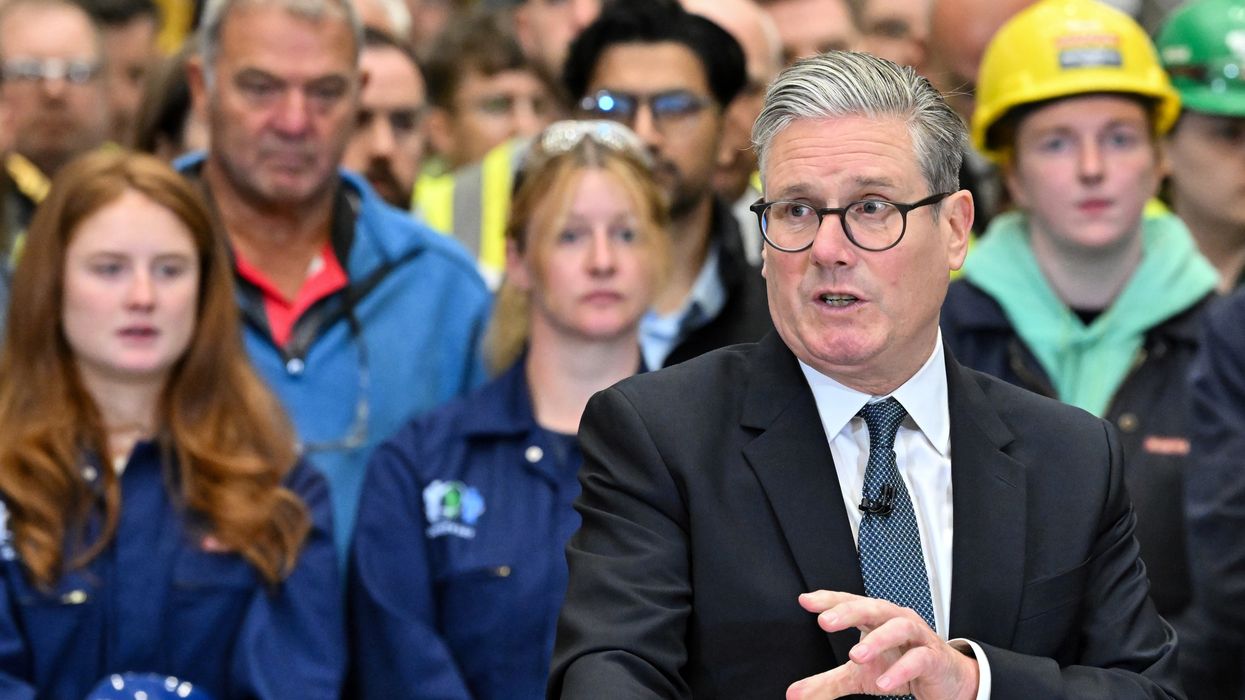BRITAIN announced on Monday (2) it would build 12 new attack submarines as it launched a major defence review to move the country to “war-fighting readiness” in the face of “Russian aggression” and the changing nature of conflict.
The prime minister, Sir Keir Starmer, warned that “the threat we now face is more serious, more immediate and more unpredictable than at any time since the Cold War,” as he launched the review in Glasgow, Scotland.
“We face war in Europe, new nuclear risks, daily cyber attacks, growing Russian aggression in our waters, menacing our skies,” he added.
The Strategic Defence Review (SDR), which assesses threats facing the UK and makes recommendations, said that Britain was entering “a new era of threat”.
As a result, Starmer said his government aimed to deliver three “fundamental changes”.
“First, we are moving to war-fighting readiness as the central purpose of our armed forces,” he said.
“Every part of society, every citizen of this country, has a role to play, because we have to recognise that things have changed in the world of today. The front line, if you like, is here.”
Second, the prime minister insisted that UK defence policy would “always be NATO first”; and finally that the UK “will innovate and accelerate innovation at a wartime pace so we can meet the threats of today and of tomorrow”.
Addressing parliament later on Monday, defence secretary John Healey said the world had entered a “new era”.
Healey pledged to make the UK army “10 times more lethal” by combining future drone technology and artificial intelligence with the “heavy metal of tanks and artillery”.
“Our adversaries are working more in alliance with one another, while technology is changing the way war is fought – we are in a new era of threat,” he said.
Starmer said the SDR would serve as “a blueprint for strength and security for decades to come”, taking into account the increasing use of drones and artificial intelligence on the battlefield.
His government pledged in February to lift defence spending to 2.5 per cent of GDP by 2027 in the “largest sustained increase in defence spending since the end of the Cold War”.
And despite budget constraints, it aims for spending to rise to three per cent in the next parliamentary term, due in 2029, officials said.
Based on the recommendations of the review, which was led by former NATO secretary-general George Robertson, the government said it would boost stockpiles and weapons production capacity, which could be scaled up if needed.
This includes £1.5 billion for building “at least six munitions and energetics factories”, procuring 7,000 domestically built long-range weapons, and spending £6bn on munitions over the current parliamentary term.
The defence ministry also said it would invest £15bn in its nuclear warhead programme, and last week pledged £1bn for the creation of a “cyber command” to help on the battlefield.
While launching the new review, Robertson said it would tackle threats from Russia, China, Iran and North Korea, calling them a “deadly quartet”.




